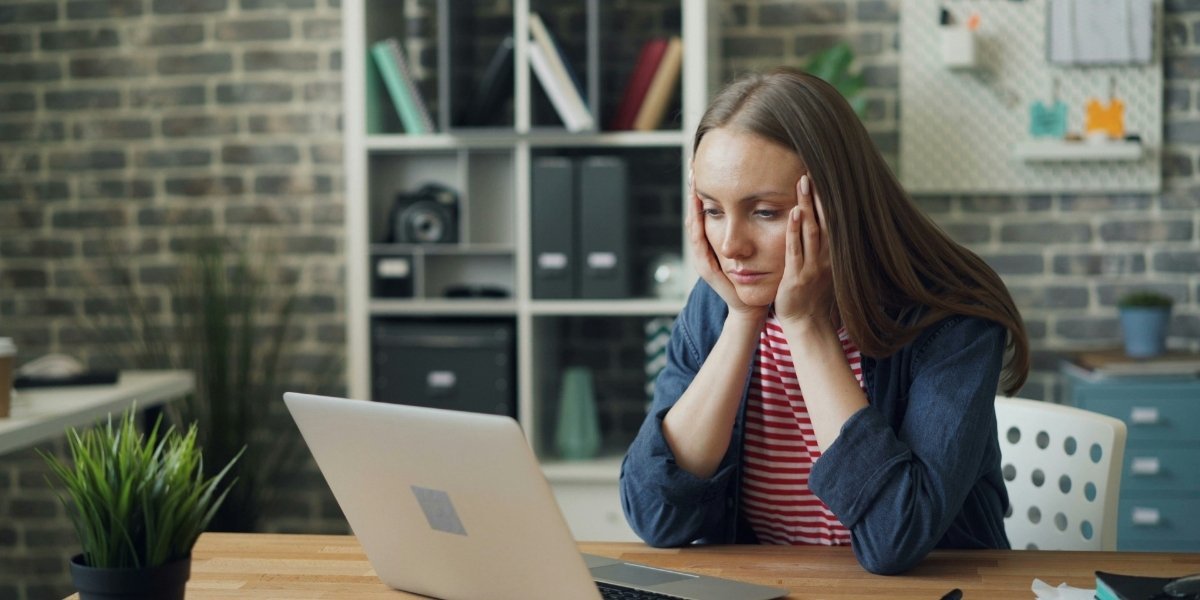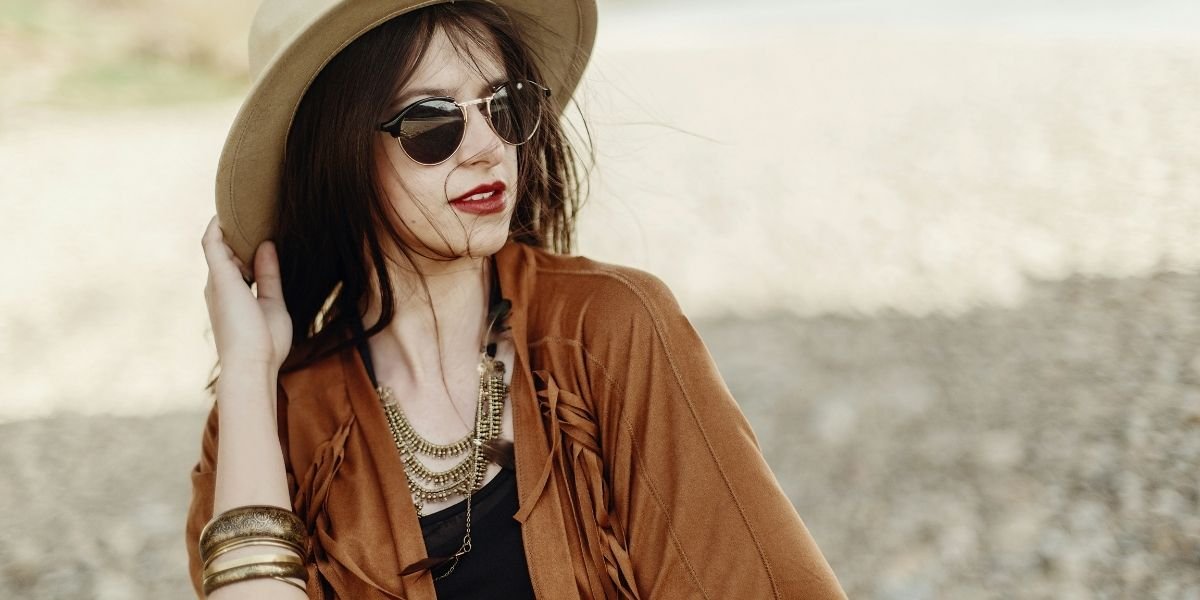Societal beauty standards aren’t just an abstract concept, they directly impact the way women view themselves, shape their behavior, and influence their place in the world. These standards, perpetuated through culture, media, and social influence, create unrealistic ideals of beauty that affect women’s confidence in profound and often damaging ways. It’s not just a matter of personal perception, it’s an issue that affects women on a global scale, influencing their emotional, psychological, and even physical well-being.
How Do Societal Beauty Standards Shape Women’s Self-Perception?
From early childhood, women are exposed to an idealized version of beauty that defines how they should look. Media portrayals, be it in fashion, films, or social media, set an unattainable bar that leaves most women feeling inadequate. These images often represent a narrow, one-dimensional ideal: thin, flawless skin, and symmetrical features. This standard ignores the diversity of real women’s appearances, making many feel disconnected from what’s considered “beautiful” in society.
This constant bombardment of the same image of beauty erodes self-esteem and creates insecurity. Women grow up believing their worth is tied to meeting these ideals. It’s a constant cycle of comparison, judgment, and dissatisfaction. But it’s important to recognize that beauty is not one-size-fits-all, real beauty is about much more than just physical appearance. Yet, this message is rarely portrayed.
How Do Beauty Standards Contribute to Low Confidence in Women?

Photo Credit: Unsplash.com
The result of these societal pressures is clear: low self-esteem and diminished confidence. When women are repeatedly told that they must fit a specific mold, it’s not surprising that many feel they fall short. The beauty standard, often reinforced by the media and peers, leads to body dissatisfaction, something that many women deal with daily. It becomes difficult to separate one’s self-worth from external validation, especially when social approval seems to hinge on meeting these rigid standards.
Think about the daily barrage of images, advertisements, and expectations that focus on appearance. Whether it’s an Instagram post featuring an influencer with flawless skin or a magazine cover showcasing the “perfect” body, the message is clear, if women don’t measure up, they aren’t good enough. This constant scrutiny chips away at confidence and leads to anxiety, stress, and a negative self-image. Women start to judge themselves solely based on how they look, instead of appreciating their full potential.
Can Beauty Standards Cause Women to Feel Pressured to Change Their Appearance?
Absolutely. The pressure to conform to beauty standards leads many women to make drastic decisions to change their appearance. Cosmetic surgery, extreme dieting, and even unhealthy beauty routines have become common solutions for those striving to meet societal expectations. This isn’t a personal choice for many, it’s a societal obligation.
Take the influence of diet culture, for example. The pressure to be thin is pervasive, and the consequences are severe. Women who don’t fit the “ideal” body type are often labeled as undesirable or less attractive, perpetuating harmful stereotypes. As a result, women may resort to restrictive eating, extreme fitness regimens, and other unhealthy practices in an attempt to alter their bodies, only to find that the standard continues to shift further out of reach. This creates a never-ending cycle of frustration, self-doubt, and diminished self-worth.
Cosmetic surgery is another avenue through which beauty standards manifest their power. From Botox to lip fillers and breast augmentation, cosmetic enhancements are marketed as ways to achieve a certain ideal. This is not about personal choice, it’s the result of a powerful societal pressure that makes women feel they must alter themselves to fit in. In many cases, these changes aren’t about enhancing personal beauty but about meeting an external expectation.
How Do Social Media and Influencers Amplify Beauty Standards?
Social media has become the driving force in magnifying and reinforcing beauty standards. Platforms like Instagram, TikTok, and YouTube bombard users with images of women who appear “perfect” by these standards. What’s important to understand here is that much of this content is heavily curated, using filters, photo editing, and carefully orchestrated shots to create an illusion of perfection.
The problem isn’t just that these images are unrealistic, it’s that they’ve become the yardstick by which women measure their own worth. Influencers, celebrities, and even peers often present themselves in ways that make it difficult for women to feel like they measure up. The endless scroll of flawless faces, bodies, and lifestyles is toxic for anyone trying to find their place in a world that places so much value on outward appearance. For many, it can feel like a daily competition where the standards are set, and they are meant to follow.
What’s more, social media has turned validation into a numbers game. Likes, comments, and shares are often viewed as indicators of self-worth, reinforcing the idea that the more attention a woman receives for her looks, the more valuable she is. This creates a vicious cycle, where confidence becomes tied to external feedback, pushing women to focus even more on appearance rather than on who they truly are.
How Can Women Reclaim Their Confidence Amidst Beauty Standards?

Photo Credit: Unsplash.com
It’s clear that societal beauty standards have a direct impact on women’s confidence, but it’s equally clear that there are ways to reclaim it. The beauty of today’s world is that women are waking up to the harmful impact of these standards and are taking action. Movements like body positivity and inclusivity are gaining traction, offering women a chance to redefine what beauty means in their lives.
Women can start by challenging the beauty standards they’ve internalized. Unfollow the influencers and accounts that perpetuate unrealistic beauty ideals, and instead follow those that embrace natural beauty and diversity. Celebrate uniqueness. Encourage diversity in representation and reject narrow portrayals of beauty. Women can also focus on embracing their own bodies as they are, flaws and all, and find strength in their individuality. Confidence is rooted in self-acceptance, not conformity.
In addition, the shift from appearance-based validation to self-worth based on achievements, intellect, kindness, and character is essential. Women should be empowered to see themselves as valuable beyond the physical. Building a strong internal foundation of confidence, rooted in personal growth, accomplishments, and inner strength, will shift the focus away from meeting external standards and toward embracing their true selves.








